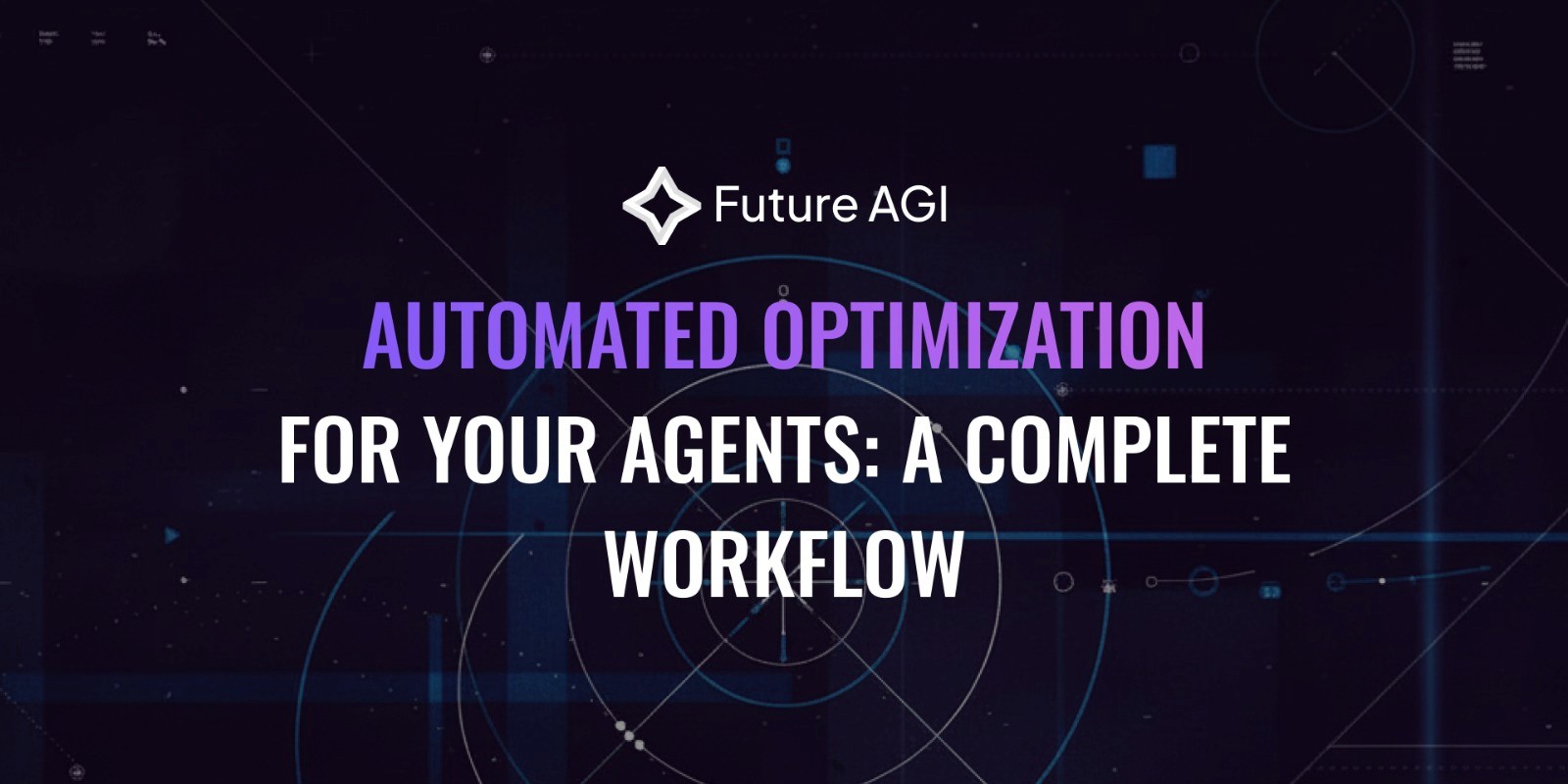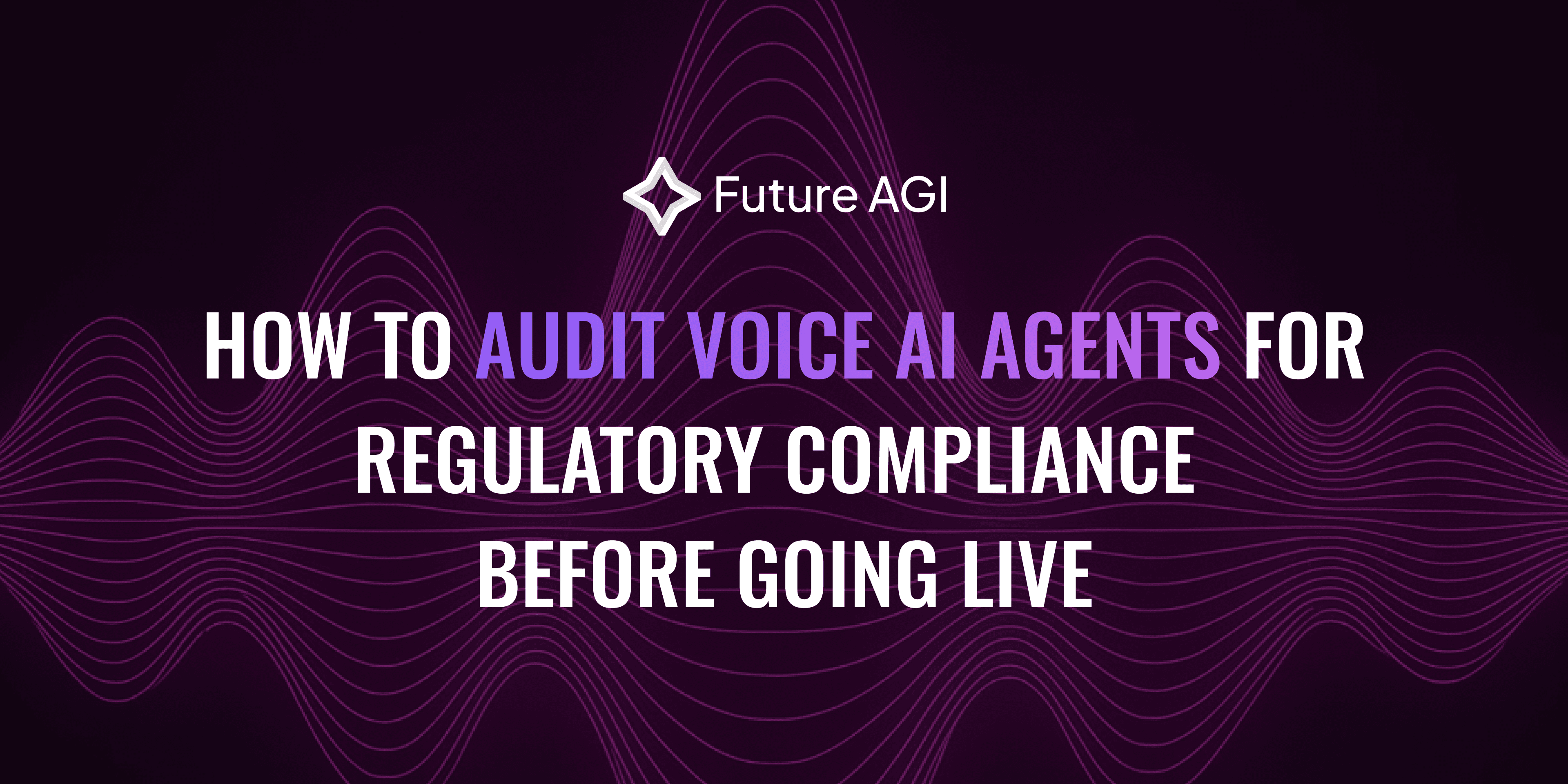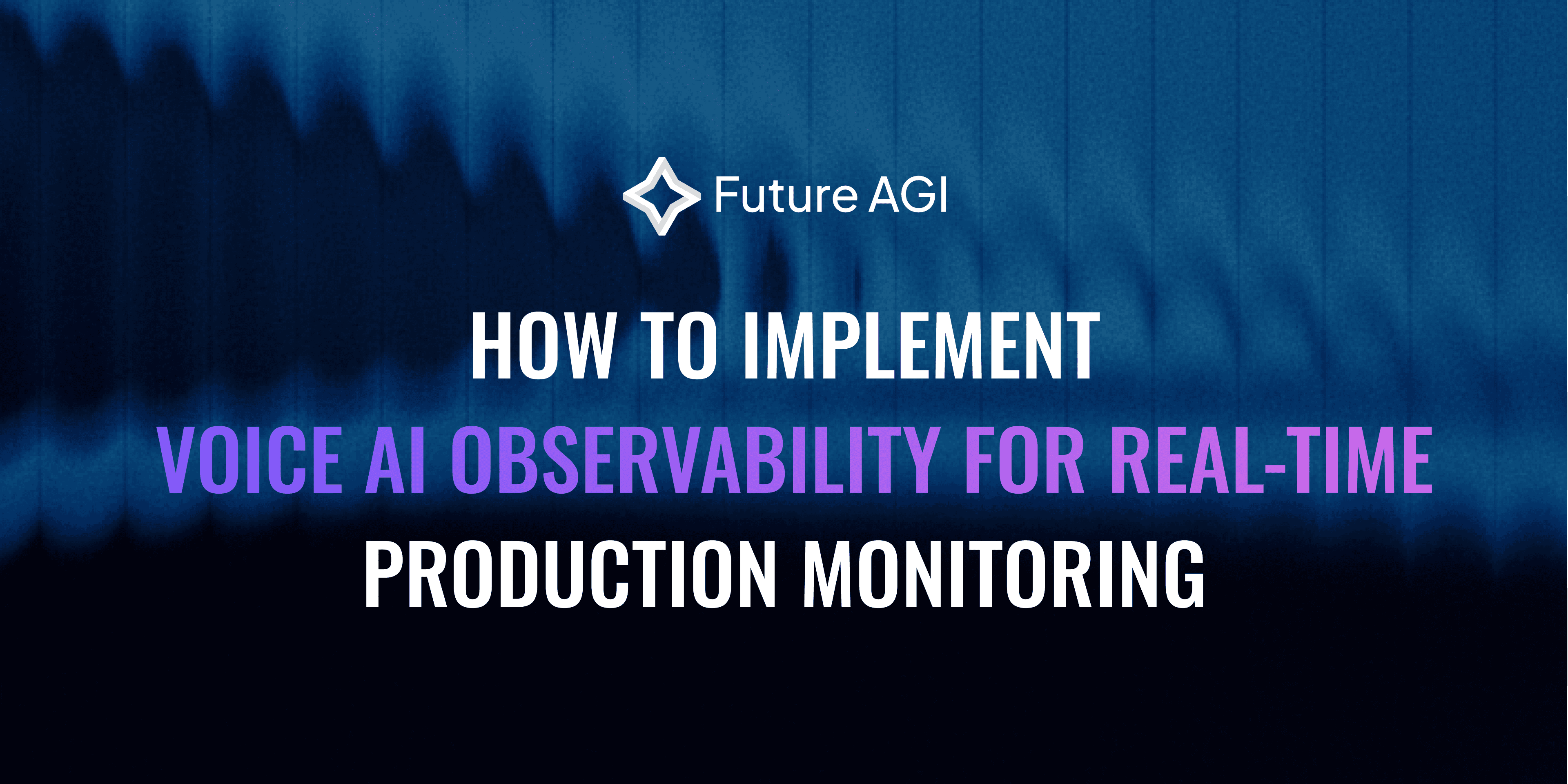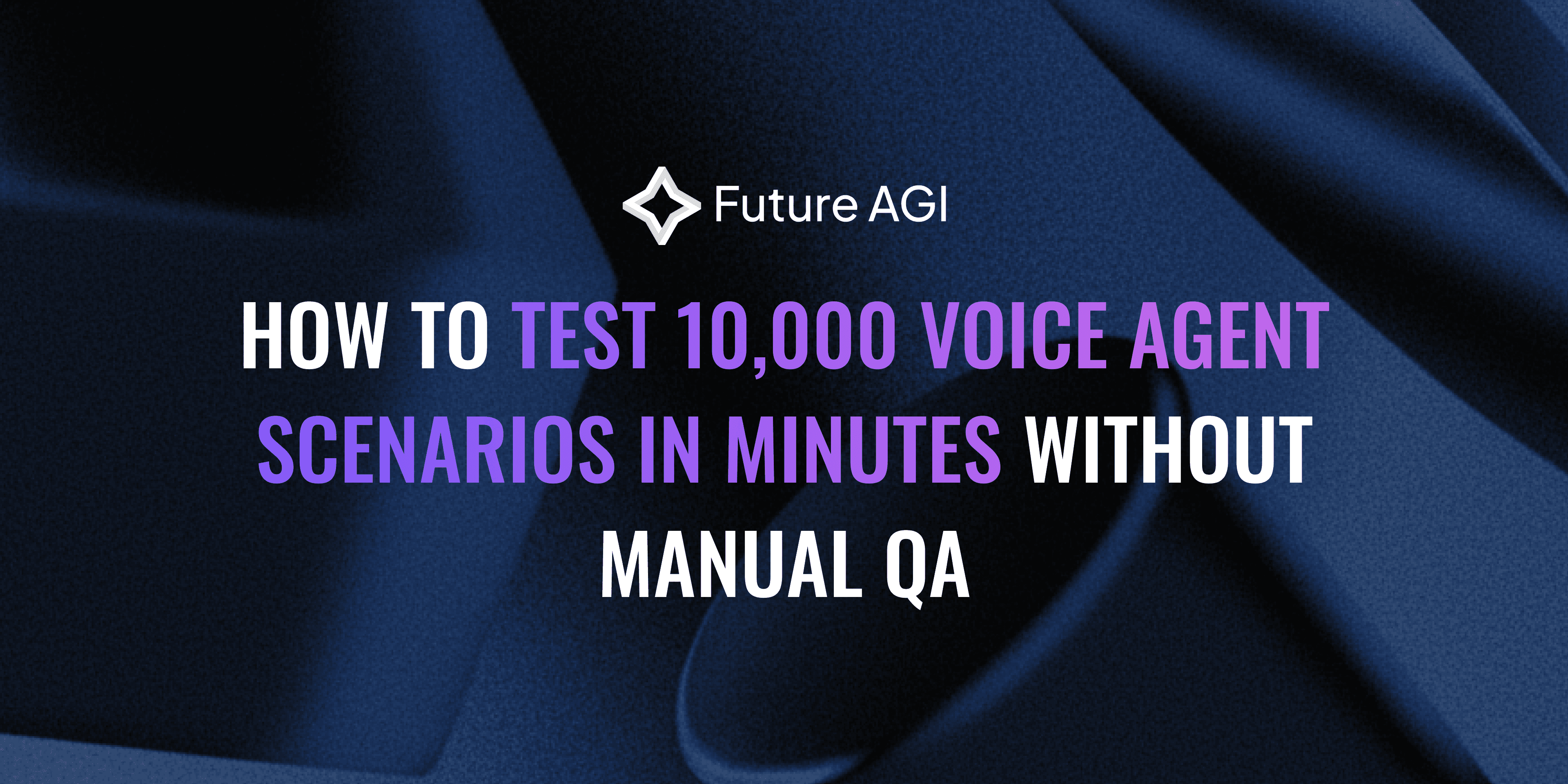Overview
In a world increasingly powered by automation, intelligent agents are the unsung heroes driving innovation. These AI-powered entities are designed to perform tasks autonomously, learn from their environment, and adapt to new situations—all while making informed decisions.
If you’re a data scientist, ML developer, or AI product owner, you’ve likely encountered these agents in some form. They power chatbots, navigate autonomous vehicles, optimize supply chains, and even assist in trading stocks. But what makes intelligent agents so transformative? Let’s dive in.
What Are Intelligent Agents?
At their core, intelligent agents are software systems that perceive their environment, reason about it, and take actions to achieve specific goals.
Key characteristics include:
Autonomy: Operate independently with minimal human intervention.
Adaptability: Learn and adjust behaviors based on feedback.
Goal-Driven: Focus on achieving predefined objectives.
Decision-Making: Use algorithms to evaluate options and choose the best course of action.
Why Intelligent Agents Matter
Here’s why intelligent agents are more than just another buzzword:
1. Automation at Scale
Intelligent agents excel at managing repetitive, high-volume tasks.
Example: A supply chain optimization agent that adjusts delivery schedules in real time to minimize costs.
2. Enhanced Decision-Making
They can process vast amounts of data and make decisions faster than humans. For an in-depth exploration of the evolution, architecture, and practical applications of AI agents, refer to our guide on AI Agents: Evolution, Architecture, and Real-World Applications.
Example: AI agents in financial trading that predict market trends and execute trades within milliseconds.
3. Personalization
By analyzing user behavior, these agents can deliver hyper-personalized experiences.
Example: E-commerce recommendation systems powered by intelligent agents.
The Building Blocks of Intelligent Agents
1. Reinforcement Learning
Reinforcement learning (RL) allows agents to learn by interacting with their environment.
Example: Google DeepMind’s AlphaGo, which mastered Go by playing millions of games against itself.
2. Multi-Agent Systems
Sometimes, it takes a village—multi-agent systems involve multiple agents working together or competing to achieve complex goals.
Example: Autonomous drones coordinating for disaster relief operations.
3. Natural Language Processing (NLP)
NLP enables agents to understand and interact using human language. Techniques like dynamic prompts enhance these interactions by allowing AI systems to adapt their responses based on real-time user inputs.
Example: ChatGPT acting as a virtual assistant for customer support.
Emerging Trends in Intelligent Agents
1. Collaborative Agents
Agents are evolving to collaborate with humans and other AI systems.
Trend Insight: Research shows that collaborative agents increase efficiency in hybrid workflows, like humans working alongside robots in manufacturing.
2. Ethical and Explainable AI
Deploying intelligent agents raises ethical concerns, especially in decision-heavy industries like healthcare. Ensuring agents are transparent and aligned with ethical guidelines is a growing focus.
Example: Explainable AI frameworks that clarify how agents reach their decisions.
3. Intelligent Edge Computing
Agents deployed at the edge, like IoT devices, bring real-time decision-making closer to the source of data.
Example: Smart thermostats adjusting home temperatures based on weather patterns and user habits.
Challenges of Intelligent Agents
1. Bias and Fairness
AI agents can inherit biases from their training data, leading to unfair decisions.
Solution: Regular audits and diverse datasets.
2. Scalability
Managing multiple agents at scale requires robust infrastructure.
Solution: Cloud-based systems and distributed computing.
3. Security Risks
As agents become more autonomous, the risk of malicious misuse grows.
Solution: Implementing secure architectures and fail-safe mechanisms.
Real-World Applications of Intelligent Agents
Healthcare
Use Case: AI agents analyzing patient data to recommend treatments.
Impact: Faster diagnostics, reduced workload for doctors.
Finance
Use Case: Intelligent agents predicting stock movements and executing trades.
Impact: Increased ROI through faster decision-making.
E-commerce
Use Case: Personalized product recommendations and inventory optimization.
Impact: Improved user satisfaction and operational efficiency.













